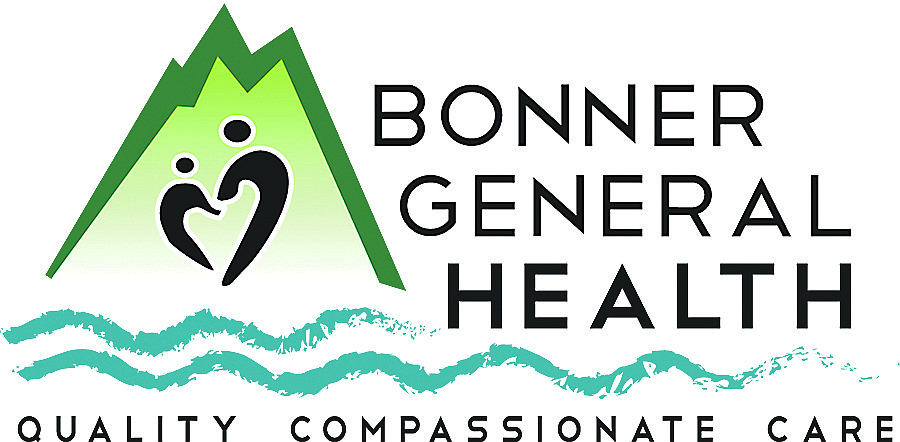A-Fib may be three times more common than previously thought
For the last 20 years, researchers believed about 3.3 million American adults had atrial fibrillation. A new study published by the University of California, San Francisco, now estimates that five percent of the population — that’s 10.5 million U.S. adults — have what’s commonly called AFib.
You’ll remember that atrial fibrillation is a quivering or irregular heartbeat, aka arrhythmia. The American Heart Association explains that “normally, your heart contracts and relaxes to a regular beat. In AFib, the upper chambers of the heart, or the atria, beat irregularly. Because not enough blood is being pumped out of the atria, blood pools in the area. The pooled blood can clot, which can be extremely dangerous.”
Dangerous is an understatement. That blood clot can be pumped out of the heart to the brain which in turn cuts off the blood supply to the brain and causes a stroke. It’s estimated that around 15 to 20% of people who have strokes have this type of heart arrhythmia. AFib also increases the risk of heart failure, myocardial infarction (heart attack), chronic kidney disease, and dementia.
Researchers have known incidents of AFib were on the rise. The aging population gets some of the credit. Plus, risk factors such as high blood pressure, obstructive sleep apnea, obesity, and diabetes are on the rise. Also at risk are those who use alcohol excessively and those who smoke.
WebMD reported that “the new estimate was based on health data from more than 29 million people in California from 2005 to 2019. The researchers were able to use the California data in combination with U.S. Census data to develop national estimates.”
This article also said that “a separate study, showed that quitting smoking could quickly and significantly reduce a person’s risk of AFib. Former smokers had a 13 to 18% lower risk of AFib than current smokers, the new study showed.”
Often, people with AFib don’t notice any symptoms. One person who posted on the American Heart Association’s website said, “I had no symptoms at all. I discovered my AFib at a regular check-up. I’m glad we found it early.”
Others may experience one or more of the following symptoms: general fatigue; a rapid and irregular heartbeat; fluttering or “thumping” in the chest; dizziness; shortness of breath and anxiety; weakness; faintness or confusion; fatigue when exercising; and sweating.
AHA also adds having chest pain or pressure to the list of symptoms with the caveat that having chest pain or pressure is a medical emergency. “You may be having a heart attack. Call 911 immediately if you have one of these feelings.”
When symptoms come and go it’s called paroxysmal atrial fibrillation. Symptoms can last a few minutes to hours or even a week. These episodes can happen repeatedly and may go away on their own.
Mayo says that persistent atrial fibrillation is when the irregular heartbeat is constant. “The heart rhythm does not reset on its own. If symptoms occur, medical treatment is needed to correct the heart rhythm.”
Long-standing persistent AFib is constant and lasts more than twelve months. Medicines or a procedure are necessary to correct the irregular heartbeat. Permanent AFib is when the irregular heart rhythm can’t be reset. In this case, medications are needed to control the heart rate and prevent blood clots.
If you have any of the symptoms listed, make an appointment to see your primary care provider as soon as possible. You don’t want to allow AFib to continue without treatment.
“To diagnose AFib, the healthcare provider examines you and asks questions about your medical history and symptoms. Tests may be done to look for conditions that can cause irregular heartbeats, such as heart disease or thyroid disease,” Mayo says.
Treatment depends on how long you’ve had AFib, your symptoms and the cause of the arrhythmia. It may involve medicines, therapy to rest the heart rhythm, called cardioversion, or surgery or catheter procedures.
Your PCP and your healthcare team will discuss the best options for you. And you will remember that you’re the star of your healthcare team and will make decisions that will lead to controlling your AFib. BGH Family Practice’s phone number is 208-265-2221.
Kathy Hubbard is a member of the Bonner General Health Foundation Advisory Council. She can be reached at kathyleehubbard@yahoo.com.

